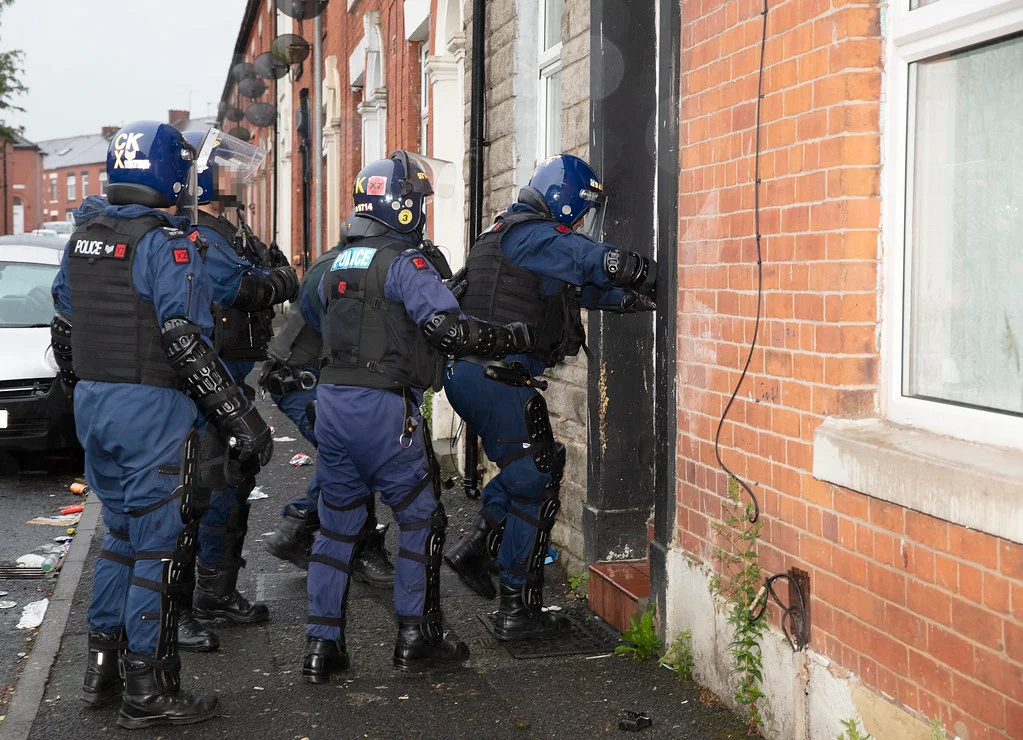Overview: What Qualifies as a DUI in Kansas
Kansas Dui Crackdown Fines Jail: In Kansas, Driving Under the Influence (DUI) is defined by statute K.S.A. 8-1567, and the law recognizes several ways one may be charged:
- Blood or breath alcohol concentration (BAC) of 0.08 or higher (within three hours of operating or attempting to operate) is a per se basis.
- Operating a vehicle while under the influence of alcohol, drugs, or a combination thereof such that the driver is incapable of safely driving.
- For drivers under age 21, Kansas uses a “zero tolerance” threshold: a BAC of 0.02 or greater can lead to DUI / impaired driving consequences.
Because Kansas treats DUI seriously, law enforcement and prosecutors often seek stricter enforcement (“crackdown”) particularly on repeat offenders, high BAC cases, or DUI with aggravating factors (accident, injury, minors in car, etc.).
First DUI Offense: Fines, Jail & License Penalties
A first DUI in Kansas is typically charged as a Class B nonperson misdemeanor under K.S.A. 8-1567.
Jail / Confinement
- The statute mandates a minimum of 48 consecutive hours in jail.
- The maximum possible jail sentence is six months.
- Courts may, at their discretion and under permitted conditions, impose 100 hours of public service instead of full jail time.
Fines & Costs
- For first offenses, fines range from $750 to $1,000.
- In addition, the defendant may also be required to pay court costs, fees, and assessments (e.g. alcohol safety program fees).
License Suspension & Interlock
- After conviction, a first offense typically leads to a 30-day suspension of driving privileges.
- Following that, the driver may face restricted driving privileges requiring use of an ignition interlock device (IID) for a period (often 180 days) if certain conditions (like high BAC) apply.
- If the BAC was 0.15 or above, stricter suspension or interlock requirements may apply.
Additional Penalties
- A substance abuse assessment or treatment program is commonly required.
- Attendance at a DUI victim impact panel or alcohol education classes is often part of sentencing.
Because the law mandates at least 48 hours in jail for first offenders, even in plea bargains or reduced agreements, some confinement is required under statute.
Second DUI Offense & Elevated Penalties
Once a person has a prior DUI or diversion after July 1, 2001, Kansas law amplifies the consequences for a second offense.
Classification & Sentencing
- A second DUI is charged as a Class A nonperson misdemeanor.
- The jail sentence for a second offense ranges from 90 days up to 1 year.
- The law requires a minimum of 5 days’ imprisonment before one can be eligible for probation, with at least 2 consecutive days in jail (cannot split all time into alternative sentencing).
Fines
Fines for a second offense are steeper, ranging between $1,250 and $1,750.
License Suspension & Interlock
- After a second DUI, the driver faces at least a one-year suspension of driving privileges.
- An interlock device requirement is also longer (often one year or more) post-reinstatement.
Conditions for Probation / Alternative Sentences
- While probation is possible, it can only be granted after serving the mandatory minimum 5 days.
- Some of the jail days might be served via work release, house arrest, or programs after completing the mandatory days.
Third & Subsequent Offenses — Felony Risks & Severe Penalties
For a third DUI or further, Kansas law escalates to much harsher punishment.
Misdemeanor vs Felony Distinctions
- A third DUI is generally a Class A misdemeanor, unless one of the prior DUIs occurred within the past 10 years. In that case, the third offense is elevated to a nonperson felony.
- For fourth or subsequent DUI, the charge is automatically a felony under Kansas law.
Imprisonment & Minimum Terms
For felony DUI (third or more with triggering prior): the law requires at least 90 days of imprisonment before probation, with no early release, and possibly to serve in a state facility under certain programs. For fourth or greater, mandatory minimum jail or prison terms can vary, with further supervision, restrictions, and substance treatment programs.
For fourth or greater offenses, mandatory minimum jail or prison terms can vary, often followed by supervision, restrictions, and substance treatment programs offered through a traditional or luxury rehab center that focuses on recovery and long-term well-being.
Fines & Other Penalties
- Fines for felony DUI cases can climb up to $2,500, depending on circumstances.
- Additional penalties may include longer license suspensions, extended interlock device use, and possible post-release supervision.
No Probation Before Minimum Served
When the crime is elevated to felony, probation, suspension, or parole is often prohibited until after the minimum mandatory term is served.
What Triggers “Crackdown” Measures & Enhanced Enforcement
When authorities pursue DUI “crackdowns,” they typically escalate enforcement and apply enhanced penalties. Key triggers and measures include:
- High BAC levels (e.g. .15 or higher) often draw stiffer penalties.
- Repeat offenders will receive less leniency and more severe mandatory sentences.
- Aggravating circumstances: DUI involved injury, death, accident, minors in the vehicle, or property damage. These may elevate charges or result in additional counts.
- Zero tolerance enforcement for under-21 drivers or commercial drivers: stricter BAC thresholds, license suspensions, and younger driver penalties (0.02 BAC threshold).
- Refusal of chemical tests (breath, blood) triggers administrative suspensions and harsher consequences. Kansas is an “implied consent” state—refusal is treated severely
- Enhanced patrols, checkpoints, saturation patrols may be used during crackdowns to catch DUI offenders. (news coverage of enforcement intensification)
These crackdown strategies aim to deter impaired driving by raising the perceived risk and certainty of detection and punishment.
Practical Tips, Defenses & Mitigating Factors
If facing a Kansas DUI charge, keep in mind some practical considerations that affect outcomes or defenses:
Plea Deals & Diversion Programs
- Kansas allows diversion agreements in some cases for first-time DUI offenders, which may avoid a conviction if conditions are met.
- However, diversion still counts toward enhancing future DUI penalties.
Challenging the Evidence
Defense may challenge stop legality, field sobriety tests, breath test calibration, administration, chain of custody, or due process violations.
If the arrest or chemical test was flawed, charges may be reduced or dismissed.
Mitigating Factors Judges Consider
- First-time offender with clean record
- Participation in alcohol treatment or education programs voluntarily
- Cooperation with law enforcement
- Time elapsed since prior offenses (though Kansas does not “forget” old DUIs after a set period for sentencing enhancements)
Post-Conviction Obligations
- After conviction, the driver may need to install an ignition interlock device (IID), maintain SR-22 insurance, and fulfill other court requirements.
- License reinstatement may require proof of compliance, fees, and fulfilling suspension or interlock periods.
Consult an Attorney
DUI cases are complex, and penalties are severe—consulting a Kansas DUI defense attorney early is strongly advised.
Conclusion
Kansas imposes stiff fines, jail sentences, license suspensions, and mandatory interlock requirements for DUI convictions, with severity escalating sharply for repeat or aggravated offenses. The law mandates at least 48 hours’ confinement for first-time offenders and 5 days for second offenses, with felony exposure on third or further DUI crimes if prior offenses fall within statutory windows. Crackdowns heighten enforcement and reduce leniency.
If you’re facing a DUI or want to understand your rights or options, consult a qualified Kansas DUI attorney who can evaluate your case on the facts and local court practices.





